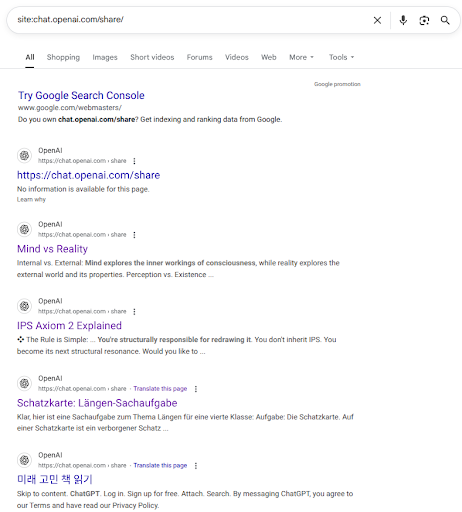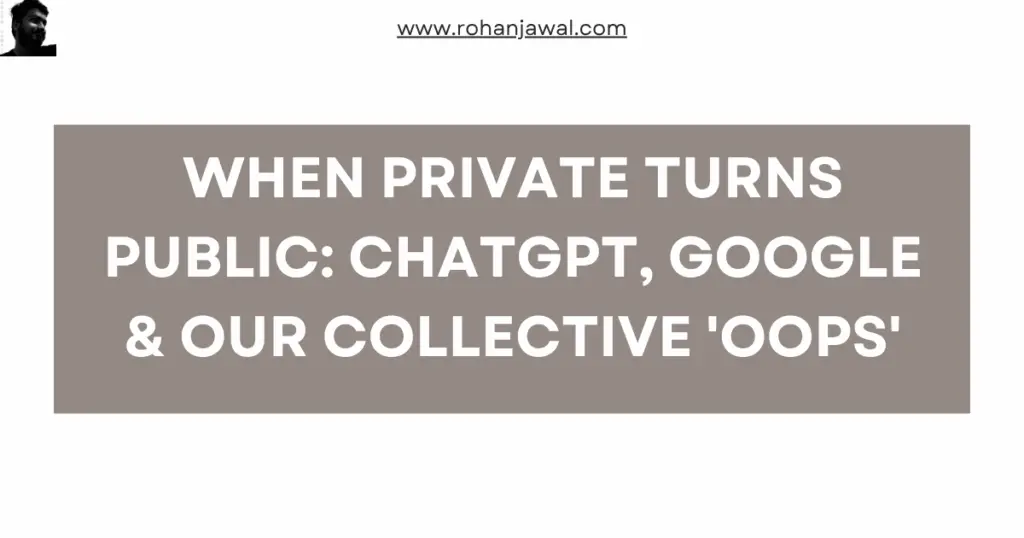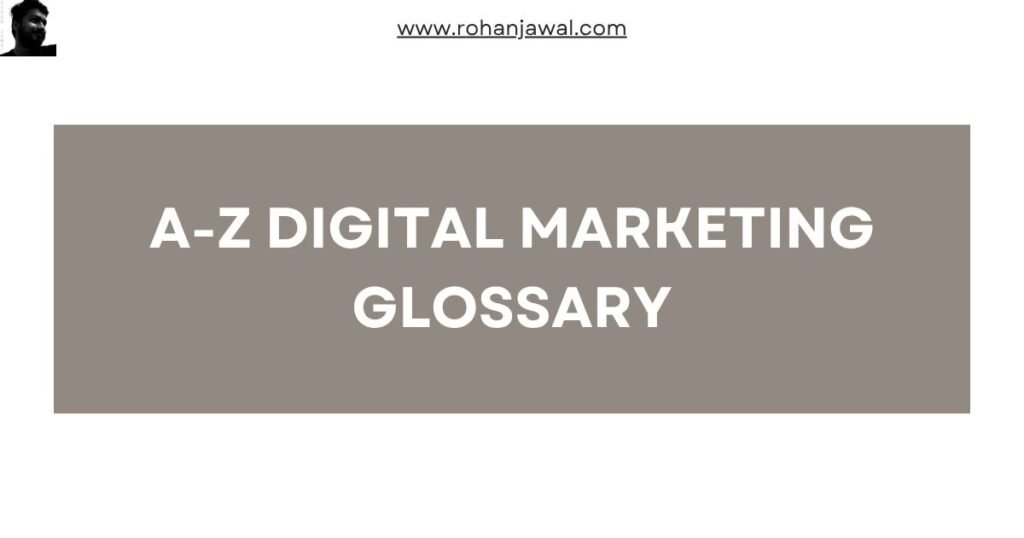A real-world audit case for systems thinkers who ship fast—but expect privacy.
“Sometimes your thoughts don’t go public because you posted them—Google just found them first.”
Context: Was scrolling LinkedIn when this MoneyControl headline caught my attention: “ChatGPT Exposes Personal Chats of Users on Google Search, OpenAI Reacts.” As someone who builds systems where sharing meets discoverability, this felt like required reading.
We, the systems-first folks who love toggles, prompts, and clean automations, just hit a full-stack case study in what happens when “shared” means “searchable.” OpenAI’s ChatGPT let users create public URLs of conversations. A bunch got indexed. Cue: awkward AI confessionals popping up in Google.
Turns out, the real MVP in this story was a missing noindex.
What Happened (Not Clickbait – Just Systems Failing Quietly)
- OpenAI added a Share Chat feature.
- It generated live, public URLs.
- Users assumed it was private-ish. It wasn’t.
- Google crawled them, indexed them, and now your “ChatGPT as therapist” moment exists on Page 1.
No explicit “Make this Public” toggle.
No robots.txt blocking crawlers (we checked — it’s still wide open).
No trigger warning like: “Hey… this might end up reversed-engineered by strangers.”

Just public links + user trust + SEO = accidental oversharing gone viral.
The Real Lesson for Builders Like Us: Defaults Are Decisions
This didn’t need malware or hackers. It needed… nothing.
Because when the default sharing behavior equals indexable, the system does all the leaking for you.
Our rule: If it’s “public” but the UI whispers that instead of shouting it… someone’s gonna get surprised.
Overshare Audit – Mini Framework (Steal This)
| Area | Ask Before Your Feature Goes Live |
| Link Behavior | Is it guessable? Indexed? Auto-expiring? Hidden from crawlers? |
| Meta Signals | Are we saying noindex clearly, or begging Google to read it out loud? |
| UI Clarity | Would your stressed-out partner read this UX and go, “Oh, it’s public”? |
| Automation Edge | Could any scheduler or sync leak these links into unintended spaces? |
Cross-Link Boosts (So This Stays Evergreen)
- Prompting AI Isn’t Writing — It’s Designing Logic
→ Because prompts have downstream consequences—like surprise search rankings. - GPT Helped Me Reflect — Until It Got Too Nice
→ The human lens on why “chat with AI” should come with a privacy label. - A-Z Digital Marketing Glossary
→ Find “crawlability,” “robots.txt,” and other words we use when things go wrong. - What I’ve Started to Learn About How AI Actually Thinks
→ Because sometimes the weird output is actually the most predictable part of the system.
FAQ (Fun, Accurate, A Little Spicy)
1. Did ChatGPT leak private convos?
Ans.: Not quite. It gave users a “share chat” button with no clear warning that the link = publicly indexable. So… did you leak it? Or did the system forget to yell “DANGER”? Let’s call it a team effort.
2. Were those chats public by default?
Ans.: There was no in-your-face toggle. But if you shared the link, it was essentially public. Like hosting a house party and not locking the door. Technically, you didn’t invite GoogleBot, but hey—it showed up with snacks.
3. Why didn’t OpenAI just block bots?
Ans.: Ah, great question. As of now: no Disallow: /share/ in robots.txt.
Maybe they figured links wouldn’t travel far. Maybe someone removed it quietly post-hype? Either way, we checked. The gates are open.
4. Is this still happening?
Ans.: Only if you share links. The feature still exists. It’s public if someone has the link. Indexed? Less likely now—but not impossible. When in doubt, assume your weirdest prompt is one tweet away from going viral.
5. So… was this a privacy bug?
Ans.: Nope. It was a design decision… that ran faster than disclosure logic. In systems terms? It wasn’t a bug. It was a “user trust regression event.”
6. How can I avoid this in what we build?
Ans.: Steal our checklist above. And before launching anything “shared,” violently ask:
If this ends up on Page 1 of Google… will the user clap, or call legal?
Final Note — For the Builders Who Skim
This wasn’t about ChatGPT’s bad behaviour. It was a reminder that in digital systems, what feels “safe” to build isn’t always clear to the people using it.
If privacy is assumed but not enforced, indexing is inevitable.
Use this as your next pre-launch gate.
Test your assumptions. Stress-test your toggles.
And maybe… don’t overshare with bots until you’ve read the fine print.



